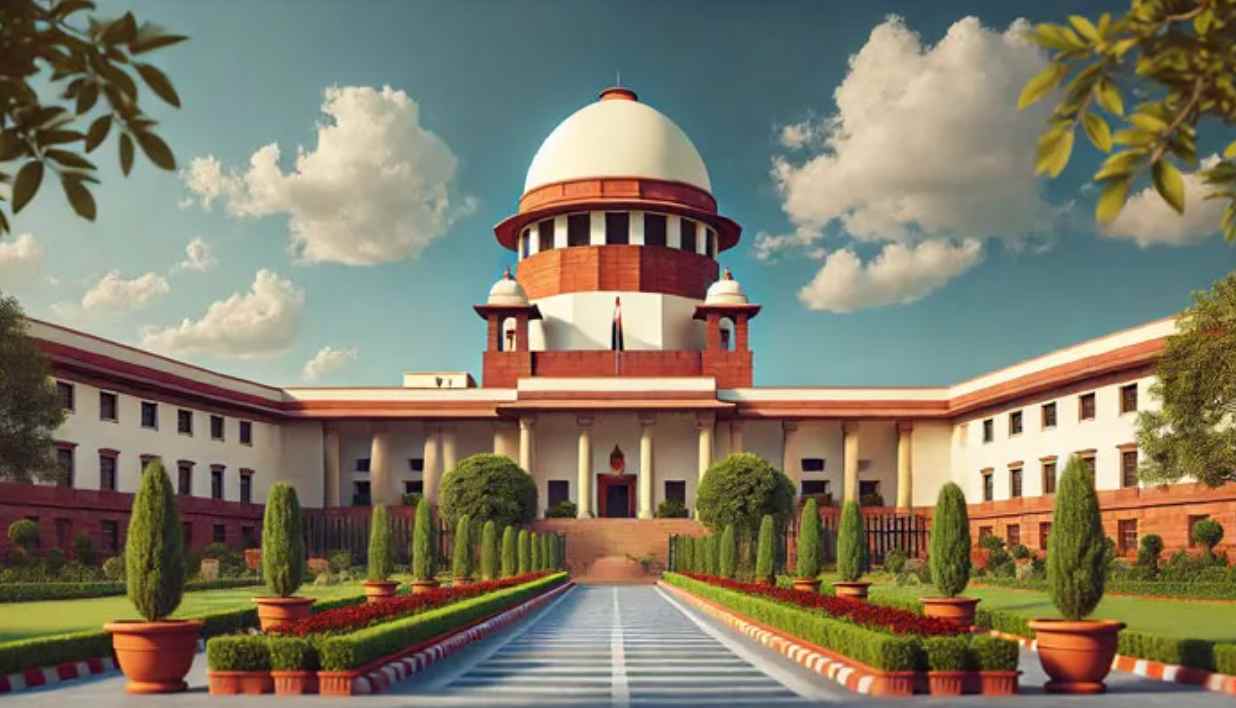The Supreme Court of India has increased the compensation for a B.Tech student who suffered 60% permanent disability following a motor accident, from Rs. 35.48 lakhs to Rs. 48 lakhs.
The bench of Justice Sanjay Karol and Justice Prasanna B. Varale emphasized that monetary compensation, while insufficient to restore a victim’s life, must aim to provide just and fair relief for the harm suffered.
The Court noted, “While money cannot replace a life lost or fully address severe injuries, courts must ensure that victims receive full and fair compensation for their suffering.”
This judgment aligns with the principle that damages should reflect both pecuniary and non-pecuniary losses.
Background of the Case
The petitioner, Atul Tiwari, a third-year B.Tech student, met with a tragic accident on October 3, 2009, in Panchmarhi, Madhya Pradesh. A truck, recklessly driven on the wrong side of the road, collided with his motorcycle, leaving him with severe injuries to his head, jaw, legs, knees, chest, and ribs. Despite undergoing three surgeries, Tiwari was left with a 60% permanent disability.
Tiwari’s father, acting on his behalf, filed a compensation claim under Section 166 of the Motor Vehicles Act, 1988, with the Motor Accident Claims Tribunal (MACT) in Bhopal. In 2014, MACT awarded a compensation of Rs. 19,43,800 along with 7% annual interest, covering loss of income, medical expenses, therapy costs, and non-pecuniary damages. Both Tiwari and the insurer appealed to the Madhya Pradesh High Court.
The High Court, on September 23, 2022, enhanced the compensation to Rs. 35.48 lakhs, primarily by revising the “Loss of Income” component from Rs. 11.23 lakhs to Rs. 27.21 lakhs.
However, the petitioner contended that the High Court inadequately addressed other components like medical expenses and non-pecuniary damages, prompting him to appeal to the Supreme Court.
Supreme Court’s Judgment
In its decision, the Supreme Court upheld the High Court’s assessment of “Loss of Income” but found that compensation for medical expenses and non-pecuniary damages was insufficient.
The Court emphasized that compensation must be tailored to the specific facts of each case, ensuring that victims are justly compensated for both tangible and intangible losses.
The Court observed:
- The MACT’s award for medical expenses and therapy costs failed to consider the lifelong impact of the injuries.
- The non-pecuniary damages, including pain, suffering, and loss of marital prospects, were inadequately assessed.
- Compensation for therapies and attendant charges was limited to an unrealistically short recovery period, disregarding medical recommendations.
The Supreme Court applied the multiplier method to ensure consistency and fairness, as established in precedents such as R.D. Hattangadi v. Pest Control (India) Pvt. Ltd. and Raj Kumar v. Ajay Kumar.
The bench concluded that the total compensation should be enhanced to Rs. 48 lakhs, aligning with Tiwari’s original claim before MACT.
Significance of the Judgment
This ruling underscores the judiciary’s commitment to ensuring justice for accident victims, particularly young professionals whose future earning potential is compromised. By revisiting inadequately addressed components of compensation, the Supreme Court reinforced the principle of fair and holistic relief for injury victims.
Case Details:
- Case Title: Atul Tiwari v. Regional Manager, Oriental Insurance Company Limited
- Case Number: Civil Appeal No. 151 of 2025
- Bench: Justice Sanjay Karol and Justice Prasanna B. Varale
- Citation: 2025 LiveLaw (SC) 26















